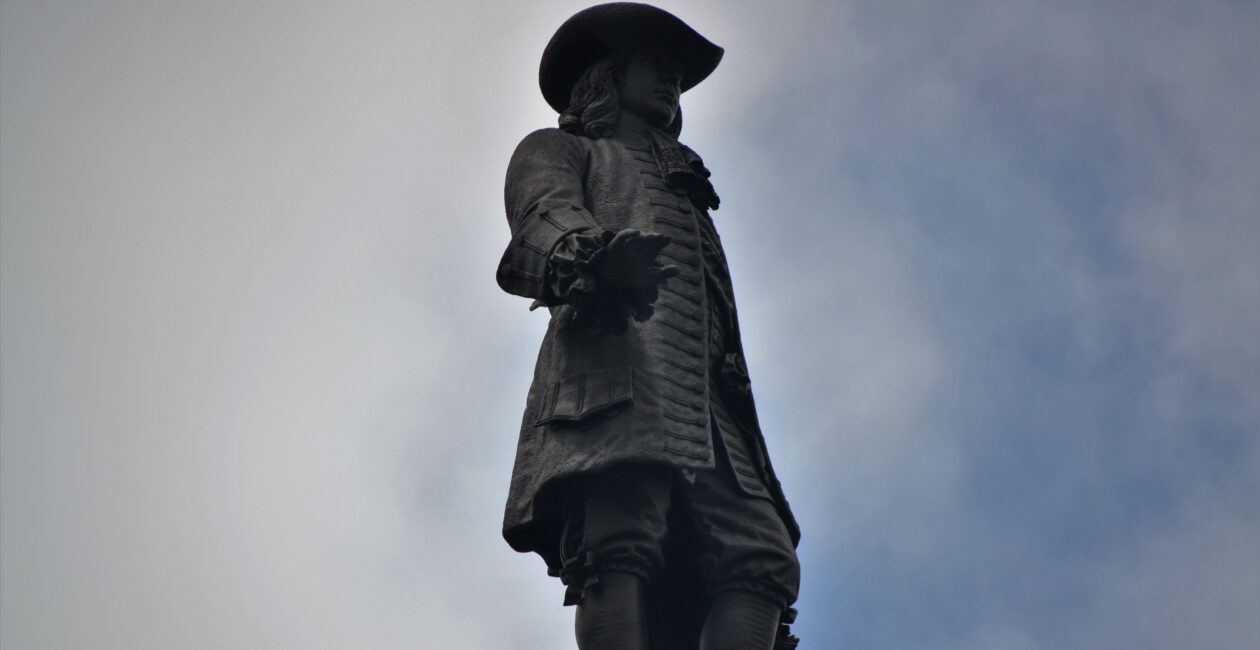The Biden administration has reversed its decision to tear down the statue of William Penn, the founder of Pennsylvania, following public outcry and backlash. The National Park Service’s plan to remove the statue as part of a site “rehabilitation” sparked controversy, highlighting the ongoing battle in the war on history and the potential erasure of historical figures.

William Penn statue on top of City Hall in Pennsylvania (Photo from Google)
Public Outcry and Political Intervention
Amid the larger war on history, the decision to demolish William Penn’s statue faced significant opposition, particularly on social media platforms like X. The intervention of Pennsylvania Governor Josh Shapiro, a Democrat, forced the Biden administration to halt the demolition project.
While the decision is a temporary relief, concerns persist over the ideological motivations behind considering the removal. The lack of a specific justification beyond creating a more “inclusive experience for visitors” raises questions about the broader implications of the so-called war on history.
The reversal underscores the power of public sentiment, social media, and political pressure in shaping decisions related to historical monuments. However, the episode prompts reflections on the broader challenges posed by ideological shifts and attempts to reshape the narrative of America’s past.
READ ALSO: California Gears Up For Mid-March Special Election To Fill Vacant House Seat
Ideological Motivations and DEI Narrative
The episode surrounding William Penn’s statue reflects the clash between historical preservation and the ideology of “diversity, equity, and inclusion” (DEI). Critics argue that DEI initiatives often result in exclusion and the erasure of figures deemed inconsistent with modern values.
The National Park Service’s collaboration with indigenous groups to make changes suggests an attempt to align with DEI principles. The broader implications of such initiatives raise concerns about the selective rewriting of history to fit a particular narrative.
























